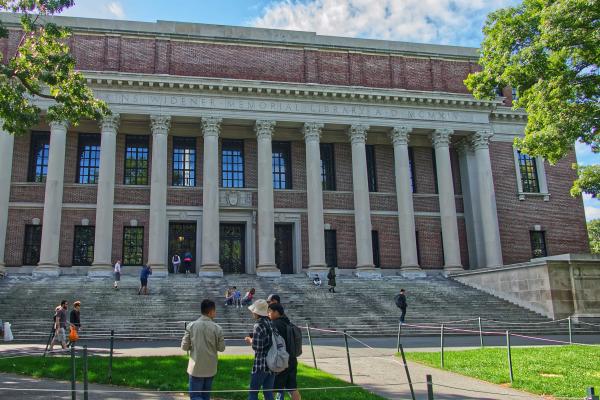Jul 14, 2020
The universities argued the measure was unlawful and would adversely affect their academic institutions.
Read the Full Article

Already a subscriber? Login

The universities argued the measure was unlawful and would adversely affect their academic institutions.
